As some sectors in the Nigerian economy such as road, air transport, and financial services, among others posted positive growth as recorded in the second quarter of 2022 Gross Domestic Product (GDP), other sectors like oil refining, rail transportation, metal ores, etc., experienced a contraction in the same period due to some factors like insecurity, oil theft, and challenges in the general operating environment that impede investment growth.
According to a report by the National Bureau of Statistics (NBS), the 2022 second quarter GDP recorded 3.54 per cent on a year-on-year basis. This according to the Centre for the Promotion of Private Enterprise (CPPE), marked the seventh consecutive quarterly GDP growth since the exit from recession in 2020.
“This report reflects the resilience of the Nigerian economy amid extreme macroeconomic challenges, galloping inflation, currency depreciation, foreign exchange illiquidity, high energy cost, heightened insecurity, weakening purchasing power, structural bottlenecks and trade facilitation issues,” said Dr Muda Yusuf a renowned economist and Founder/CEO of the centre in a statement sent to Prime Business Africa.
The real sector, as indicated in the GDP report, grew marginally with construction having a 4.2 per cent growth rate; agriculture, 1.2 per cent; and manufacturing, 3 per cent. The service sector, however, recorded the highest sectoral growth with 56.4 per cent followed by air transport which grew by 22.5 per cent; financial services, 20 per cent; ICT, 7.71 per cent; trade sector, 4.5 per cent; and real estate, 4.4 per cent.
For the ones that experienced contraction, we had oil refining contracting by 42 per cent being the highest; rail transportation, 38 per cent; metal ores, 25.5 per cent; crude oil and gas, 11.8 per cent; electricity vehicle, 7.8 per cent; electricity and air-conditioning, 7 per cent; motion pictures and music, 6 per cent; and textiles, 2.8 per cent.
According to the centre, the GDP report further underlined the dominance of the non-oil sector which accounted for 93.67% of the GDP while the oil sector accounted for 6.63%. “However, the oil sector continues to play a leading role in the generation of foreign exchange and a significant role in the generation of government revenue. This underscores the persistent productivity challenges which have continued to characterize the non-oil sector of the economy. The non-oil contribution to our export earnings is still less than 5%,” the centre stated.
In the statement titled ‘Comments on the 2022 Second Quarter GDP Numbers,’ Yusuf recommended policy measures to adopt to tackle challenges impeding growth in different sectors of the Nigerian economy.
The centre observed that those sectors of the economy that experienced contraction or decline in growth were due to some factors which include oil theft and vandalisation of facilities in oil-producing areas, moribund refineries, insecurity which has gravely affected farming activities and rail transportation; and general challenges in the operating environment associated with high energy cost, currency depreciation, the soaring inflation, weak purchasing power, forex scarcity and the problems of infrastructure.
Speaking on how to tackle the challenges, the economic expert said there is an urgent need to address the problem of massive oil theft and revamp the refineries to scale up oil production and reverse the underperformance witnessed in the sector. The centre equally noted that optimal implementation of the Petroleum Industry Act would also boost investment in the sector.
The statement also harped on the need to review the electricity sector reform to improve efficiency and productivity in the sector. “The electricity sector reforms need a review to improve efficiency and productivity in the sector. The challenges in the electricity supply chain need to be urgently addressed – gas to power, transmission, distribution, energy pricing, metering, and the capacity of the distribution companies.
“All of these are needed to improve performance and attract more investment into the sector,” the statement added.
Still, on electricity, it also said “There is an urgent need to decentralize the national grid for ease of management and efficiency. There should also be a deliberate policy to attract private investment in the electricity grid.”
While further listing the policy options to be considered and adopted to help the sectors still in recession, the centre also pointed out the need to put fiscal incentives in place “to boost investment in renewable energy in line with the energy mix objective of government.”
“Such incentives could be in the areas of tax incentives and the waivers of import duty on renewable energy equipment,” it added
CPPE noted that the textile industry, as part of the real sector, is a victim of the harsh business environment caused by high energy costs, forex illiquidity, currency depreciation and weak domestic patronage and urged the government to “ensure that all uniforms of security agencies and other government institutions are produced from local textile fabrics.”
For rail transport, it said the government needs to improve security to enable the sector to rebound. “Government needs to accelerate the security cover for the rail lines and the railway transportation system across the country.”
For months now, the rail sector in the country has suffered especially due to the activities of bandits and terrorists who high-jack trains and kidnap victims for ransom, causing a halt in the services in those affected areas.
It also stressed the need to urgently engage investors in the automobile assembly plants to identify the particular challenges facing them, adding that an increased “patronage of vehicles assembled in Nigeria would have a positive impact on the performance of these firms.”
CPPE also observed that contributions of the maritime sector to the Nigerian economy have been grossly under-reported over the years and called on NBS to engage with stakeholders in the sector for proper coverage of activities and the contributions of the sector to the national economy. He noted that having such quality data on activities in the sector is critical for planning and investment.
“The maritime sector of the economy is a very important sector in the international trade process, playing a very critical role in our import and export trade. It generates appreciable revenue and creates a lot of jobs. It is very critical to the supply chain of the Nigerian economy.
“There is evidently a gross under-reporting of the activities of the maritime sector by the National Bureau of Statistics. For instance, in the Q2 GDP report, the maritime sector [water transport] was said to have contributed a mere N2.4 billion Naira to the GDP out of N45.5 trillion GDP for the quarter. This is a contribution of a mere 0.01%. In the first quarter of 2022, the NBS recorded 0% contribution of the sector to GDP. In the GDP numbers, water transport is the only proxy closest to maritime. But maritime sector activities are beyond water transportation.
“We, therefore, appeal to the National Bureau of Statistics to engage with stakeholders in the maritime sector to ensure a proper capturing of the activities of the sector and the contributions of the sector to the national economy.
“The GDP figures over the years have been grossly under reporting the contribution of maritime to the national economy. This remedy on data quality is critical for planning and investment,” CPPE stated.
Victor Ezeja is a passionate journalist with six years of experience writing on economy, politics and energy. He holds a Masters degree in Mass Communication.

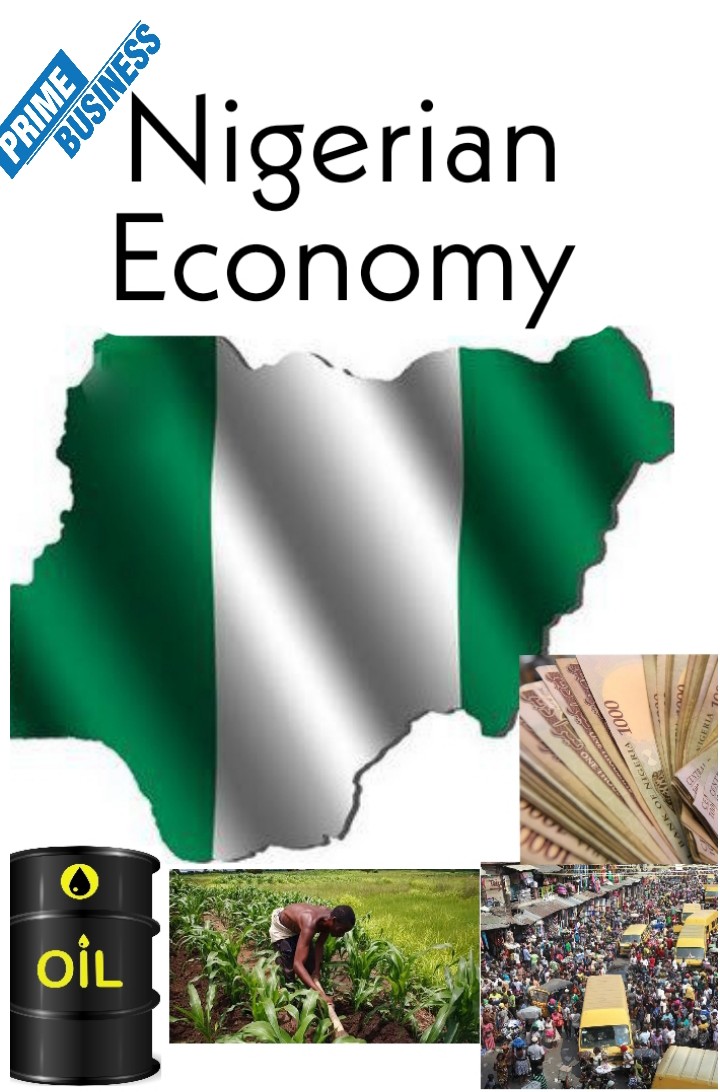




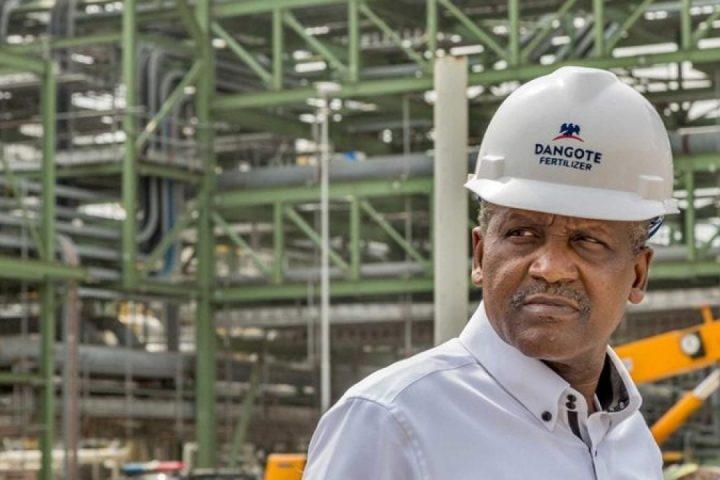

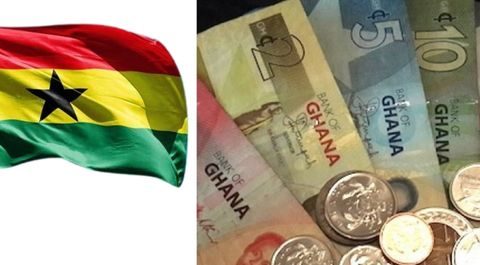
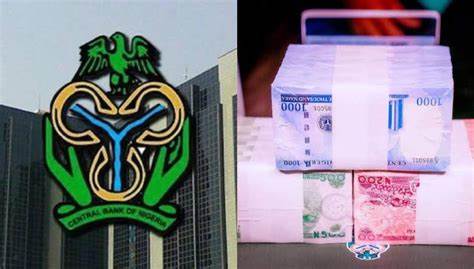
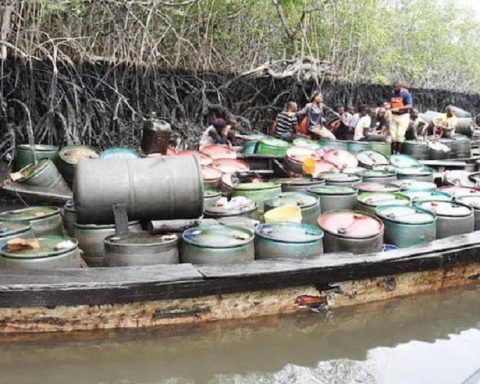




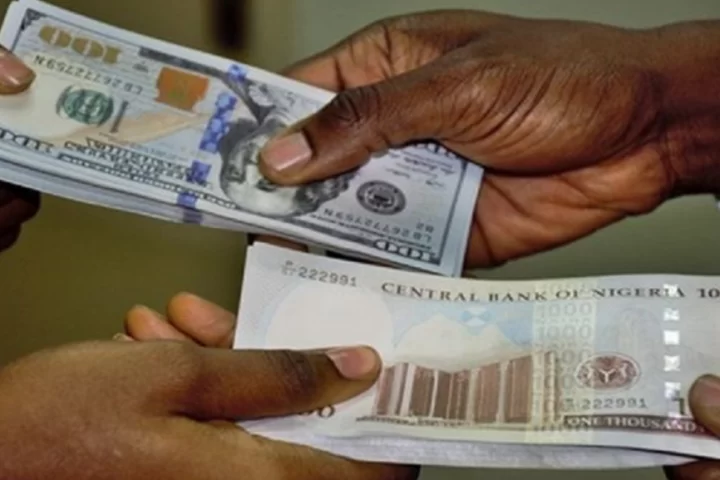

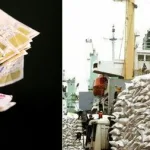
Follow Us